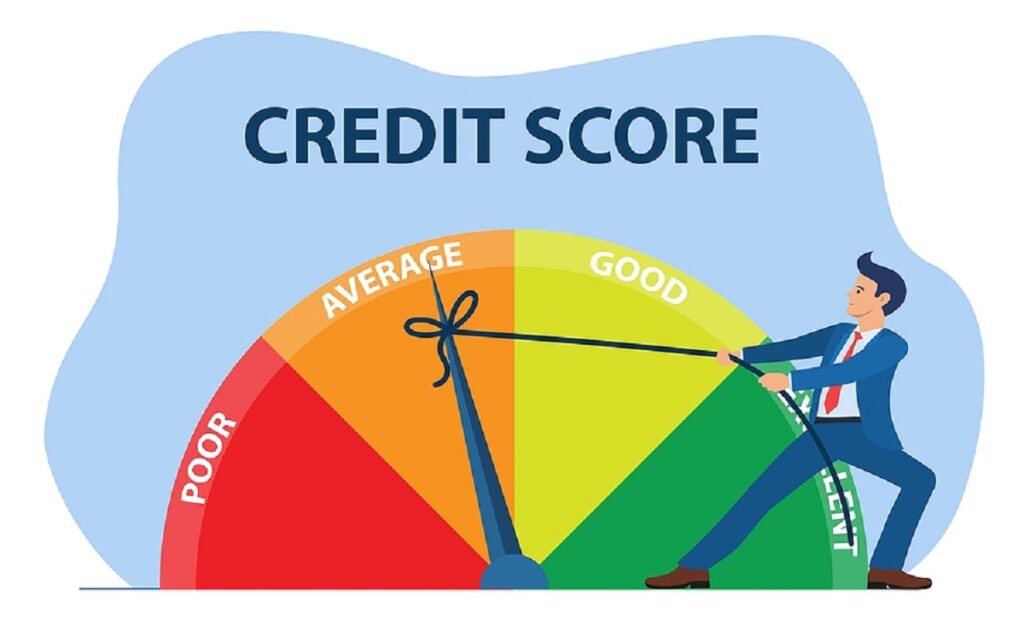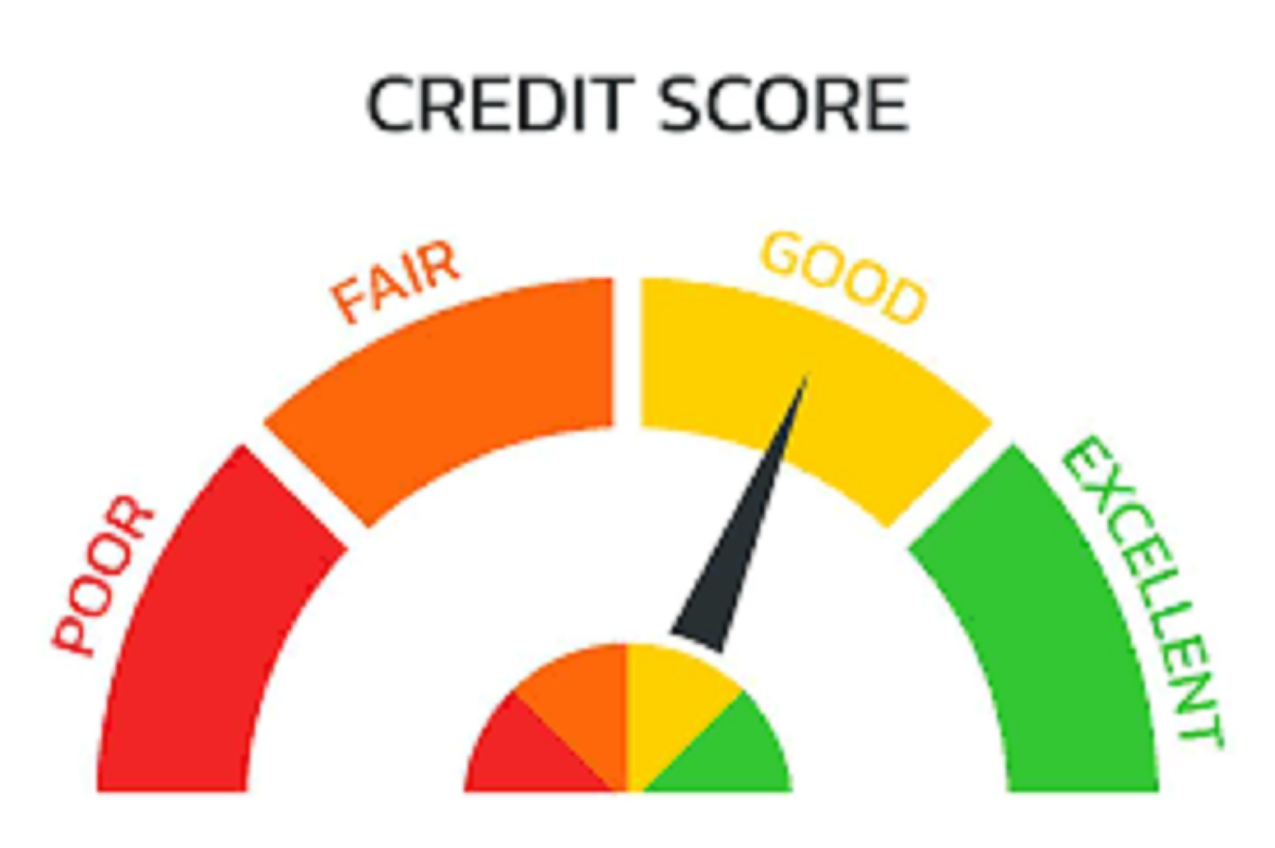Build a Good Credit Score:
Building a good credit score is essential for your financial well-being. Your credit score plays a significant role in determining your creditworthiness and can impact your ability to secure loans and credit cards with favourable terms. In this article, we will explore some effective strategies to help you build and improve your credit score.

Table of Contents
- Introduction
- Pay Your Bills on Time
- Maintain a Low Credit Utilization Ratio
- Keep Your Credit Accounts Open
- Regularly Check Your Credit Reports
- Obtain a Copy of Your Credit Score
- Consider a Secured Credit Card
- Utilize Credit Monitoring Services
- Be Patient
- Conclusion
- FAQs
1. Introduction
Understanding the importance of a good credit score is the first step toward building a solid financial foundation. Lenders rely on your credit score to assess your creditworthiness and determine the level of risk involved in lending to you.
2. Pay Your Bills on Time
One of the most critical factors influencing your credit score is your payment history. Make it a priority to pay all your bills, including credit card bills, car payments, and student loans, on time. Late payments can have a detrimental impact on your credit score and may stay on your credit report for several years.
3. Maintain a Low Credit Utilization Ratio
Your credit utilization ratio refers to the percentage of available credit that you are currently using. Aim to keep your credit utilization below 30%. High credit utilization can suggest financial strain and may negatively affect your credit score. To maintain a low credit utilization ratio, consider spreading your expenses across multiple credit cards or increasing your available credit limit.
4. Keep Your Credit Accounts Open
While it may be tempting to close old or unused credit accounts, doing so can actually harm your credit score. Length of credit history is an important factor in calculating your credit score, and closing accounts reduces your overall credit history. Instead, keep your credit accounts open and active by making regular payments, even if you no longer use them frequently.
5. Regularly Check Your Credit Reports
Monitoring your credit reports is crucial for identifying errors and discrepancies that can negatively impact your credit score. Obtain a copy of your credit reports from the three major credit bureaus—Equifax, Experian, and TransUnion—and review them carefully. If you notice any inaccuracies, promptly dispute them with the respective credit bureaus.
6. Obtain a Copy of Your Credit Score
To have a better understanding of your current credit standing, obtain a copy of your credit score. You are entitled to one free credit report per year from each of the major credit bureaus. Review your credit score and analyze the factors contributing to it. This knowledge will enable you to develop a targeted plan for improving your credit score.
7. Consider a Secured Credit Card
If you have a limited credit history or are rebuilding your credit, a secured credit card can be a valuable tool. With a secured credit card, you are required to make a deposit that serves as collateral. This type of card allows you to demonstrate responsible credit usage and build a positive credit history.
8. Utilize Credit Monitoring Services
Credit monitoring services can be instrumental in keeping track of changes to your credit reports and scores. These services provide regular updates and alerts, allowing you to detect potential issues promptly. By staying informed, you can take the necessary steps to address any concerns and protect your creditworthiness.
9. Be Patient
Building a good credit score is a gradual process that requires patience and persistence. It takes time to establish a solid credit history and demonstrate responsible financial behavior. Don’t be discouraged if your credit score does not improve immediately. By following the strategies outlined above consistently, you will eventually see positive results.
10. Conclusion
Your credit score is a powerful financial tool that can open doors to favourable lending opportunities. Building and maintaining a good credit score involves a combination of responsible credit usage, timely payments, and regular monitoring. By implementing the tips discussed in this article, you can take control of your credit and set yourself on a path to financial success.
11. FAQs
Q1: How long does it take to build a good credit score?
A1: Building a good credit score is a gradual process that can take several months or even years. It depends on various factors, such as your existing credit history, financial behaviour, and consistency in following good credit practices.
Q2: Can paying off my debts quickly improve my credit score?
A2: While paying off your debts is generally a positive financial move, it may not lead to an immediate improvement in your credit score. Factors such as payment history and credit utilization also influence your credit score. However, consistently paying off your debts over time will contribute to a positive credit history.
Q3: Will checking my credit score frequently negatively impact my score?
A3: No, checking your own credit score does not harm your credit. This type of inquiry is considered a soft inquiry and has no impact on your credit score. However, be cautious of excessive credit inquiries from lenders, as these can affect your credit score.
Q4: What should I do if I find errors on my credit reports?
A4: If you discover errors on your credit reports, it’s crucial to take action promptly. Contact the credit bureau reporting the error and provide them with supporting documentation to initiate the dispute process. Correcting errors can positively impact your credit score.
Q5: Can I build credit without a credit card?
A5: While credit cards are a common tool for building credit, they are not the only option. You can establish credit by responsibly using other forms of credit, such as instalment loans or a secured credit card.
What is a credit score?
Answer : A credit score is a number that lenders use to assess your creditworthiness. It is based on a variety of factors, including your payment history, credit utilization, and the length of your credit history. A good credit score can help you get approved for loans and credit cards with lower interest rates, which can save you money in the long run.
How do I build a good credit score?
Answer : There are a number of things you can do to build a good credit score, including:
What are the factors that affect my credit score? | Your credit score is affected by a number of factors, including:
* Payment history: This is the most important factor in determining your credit score. Make sure to pay all of your bills on time, including your credit card bills, car payments, and student loans.
* Credit utilization: Your credit utilization ratio is the percentage of your available credit that you are currently using. Aim to keep your credit utilization ratio below 30%.
* Length of credit history: The length of your credit history also plays a role in your credit score. The longer your credit history is, the better it is for your score.
In conclusion, building a good credit score requires a strategic approach and consistent effort. By following the outlined steps, including paying bills on time, maintaining a low credit utilization ratio, keeping credit accounts open, checking credit reports for errors, obtaining a copy of your credit score, considering a secured credit card, utilizing credit monitoring services, and practicing patience, you can pave the way to a strong credit foundation. Remember, improving your credit score takes time, so stay committed and focused on your financial goals.
You may also be interested to read India’s GDP Growth
IDFC First Bank and IDFC Ltd Me
Understanding the Essence of Alternative Investments
Read more about : How to take your credit score from 0 to 800


